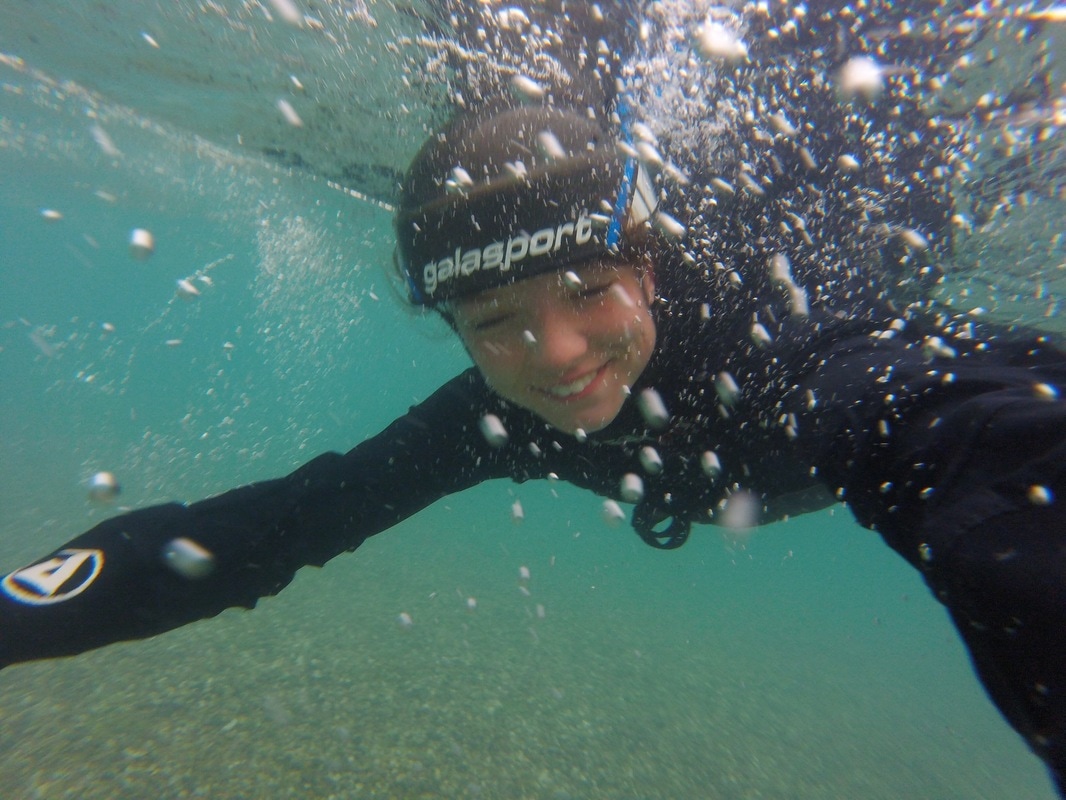For me this often means giving myself permission to do things that are not essential or directly 'productive'. I know already that if I can sit down and do a couple of hours of work, or organise the dreaded paperwork for the next few weeks, I get a feeling of 'relaxation' that is lovely and makes me content. But that's a cycle that involves doing something non relaxing in order to feel satisfied. Which is quite similar to training, so one could argue that it is not the same kind of 'relaxed'.
What I think true 'brain recovery' is, is doing things that in society are often negatively identified as being lazy or unhelpful. When you are in a zone unconnected with the future or past, there is nothing to worry about other than what is directly in front of you. I think training should revolve around this principle, but the nature of sport requires that we look at our times from the session and analyse what we have done, and what we will do to improve. So the only time you can truly be 'in the present' is actually when you are required to do nothing at all. Maybe a film, or playing a game, or in a particularly exciting conversation. Or even just drawing, napping or reading.
Quite often I can get stuck 'trying to relax,' as ridiculous as that seems. I don't know if my brain just ticks over too fast for a whole week of the training and relaxing cycle. But sometimes taking a step in what feels like the opposite direction of relaxing actually works. Going for a long walk or sitting in the sun isn't what I'd immediately think of as a relaxation technique, especially as an athlete. But I think it works to firstly clear my brain a little bit, and when I finally get down to doing some serious chilling, it contrasts so that the relaxing seems a bit more lovely. You can get quite committed to this; I think doing exhilarating things are the best methods of clearing your brain, like cliff jumping or swimming in cold water. But they put you in the most receptive position to relax properly afterwards.

 RSS Feed
RSS Feed
